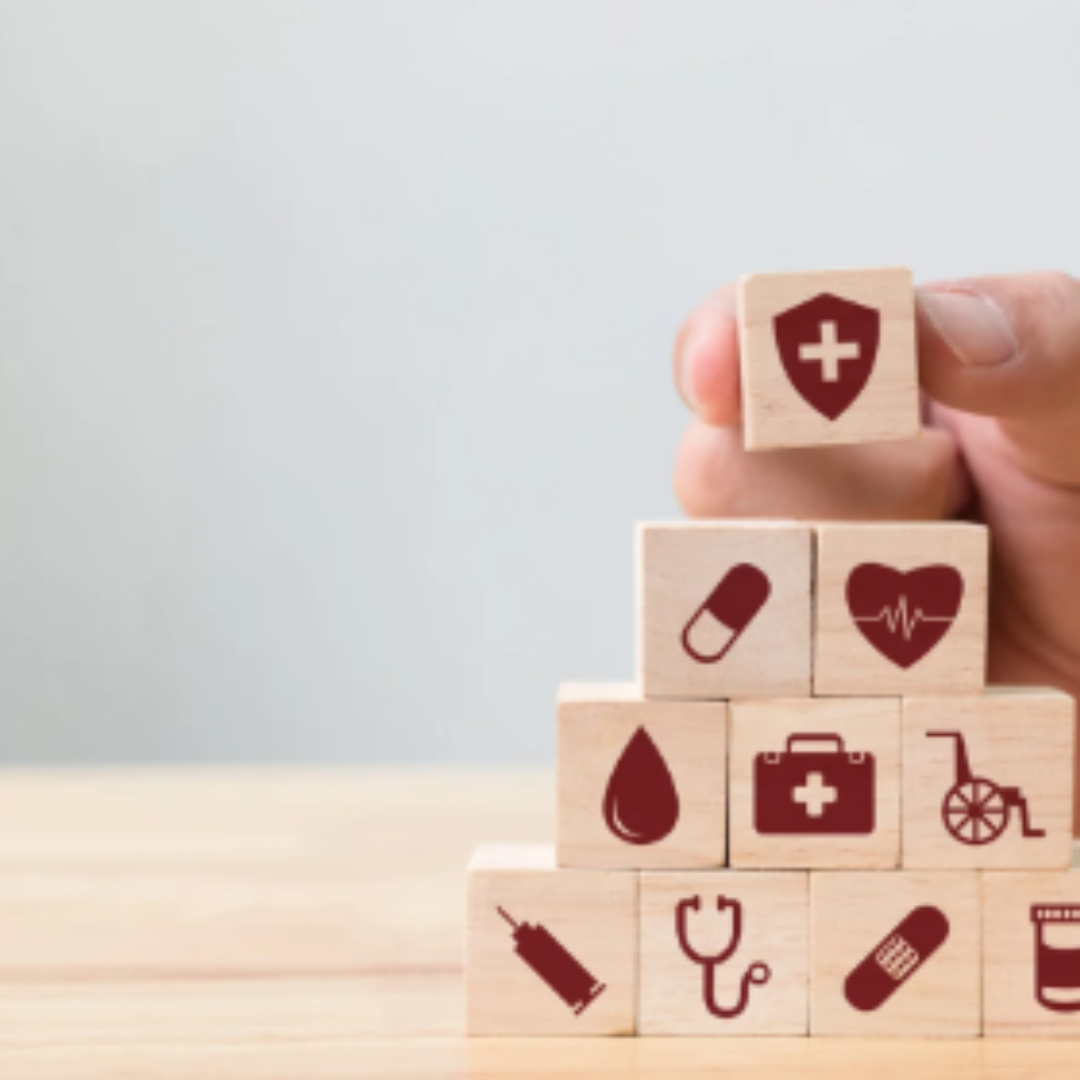Understanding the Difference Between Mental Health and Mental Illness
Mental Health: A positive sense of emotional well-being that respects the importance of culture, equity, social justice, interconnections and personal dignity
Mental Illness: A wide range of mental health disorders characterized by alterations in thinking, mood, and behaviour associated with significant distress and impaired functioning
Depending on what website and who you talk to the terms mental illness and mental health can have varying definitions. Even when you dive into medical resources, there is not one sole definition that you can find. The idea of having good mental health equaling not having a mental illness just isn’t true, you can have a mental illness but have good mental health, and vice versa (Elmer, 2023). In 2019, 1 in every 8 people, or 970 million people around the world were living with a mental disorder, with anxiety and depressive disorders the most common (Institute of Health Metrics and Evaluation, 2022). In 2020, the number of people living with anxiety and depressive disorders rose significantly because of the COVID-19 pandemic. Initial estimates show a 26% and 28% increase respectively for anxiety and major depressive disorders in just one year (Geneva: World Health Organization, 2022).
Society has now emphasized the importance of proper language when referring to an individual's mental health (Elmer, 2023). Society still uses the term mental illness when describing someone's mental state. Still, it is now evolving to use the term ‘Mental Health Condition’ as it creates further separation from the stigmatizing term “mentally ill person” (Elmer, 2023).
The difference between mental health and mental illness can bring up many questions and opinions regarding one health, some frequently asked questions regarding the two are:
1. Can you have poor mental health without a mental illness?
2. Can you have a mental illness with good mental health?
3. Can you prevent mental illness?
4. If I’m not happy, is my mental health poor?
You are able to have a mental illness, like anxiety or depression, but have a good sense of mental health, the two are not synonymous to each other. However, the key is to be proactive and focus each when necessary, by either going to get additional support or creating downtime to rest, relax, and recharge.
A good first step for supporting your mental health involves discovering coping skills that work well for you. These might include:
Moving your body in some way (stretching, going for a walk, etc.)
Treating yourself to something nice after getting through something challenging
Engaging in activities you find meaningful and enjoyable, like volunteering or gardening
Spending time with friends and loved ones
There are many supports that Lakehead offers, if you visit the Stepped Care page there are over 8 resources available to you if you need to talk to someone. As well, many resources are available in Orillia if you feel like you need help with your mental health, those include:
Counsellors through #Ready2Talk CFS Counselling + Wellbeing Clinics at Lakehead
Orillia Soldiers' Memorial Hospital - Community Mental Health Service
Crisis Response Services - 24/7 crisis line staffed by the Canadian Mental Health Association
Citations
Healthline. (2023). Mental health vs. mental illness: What's the difference? Retrieved from https://www.healthline.com/health/mental-health/mental-health-vs-mental-illness#tips-for-well-being
Institute of Health Metrics and Evaluation. (2022.). Global Health Data Exchange (GHDx). Retrieved May 14, 2022, from https://vizhub.healthdata.org/gbd-results/
World Health Organization. (2022). Mental Health and COVID-19: Early evidence of the pandemic’s impact. Geneva.
- Tessa Wilkins, Peer Wellness Educator




